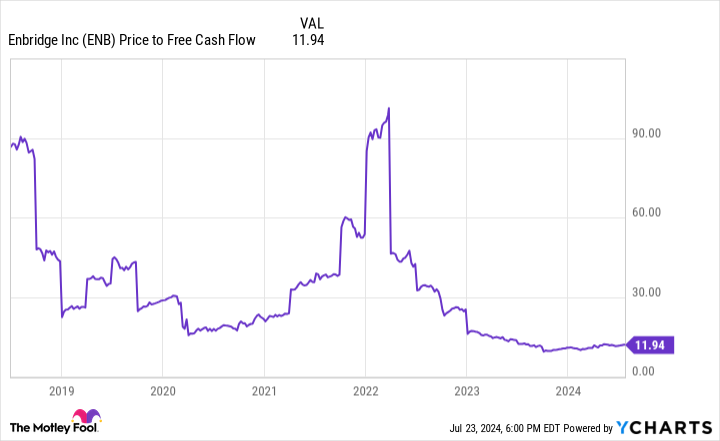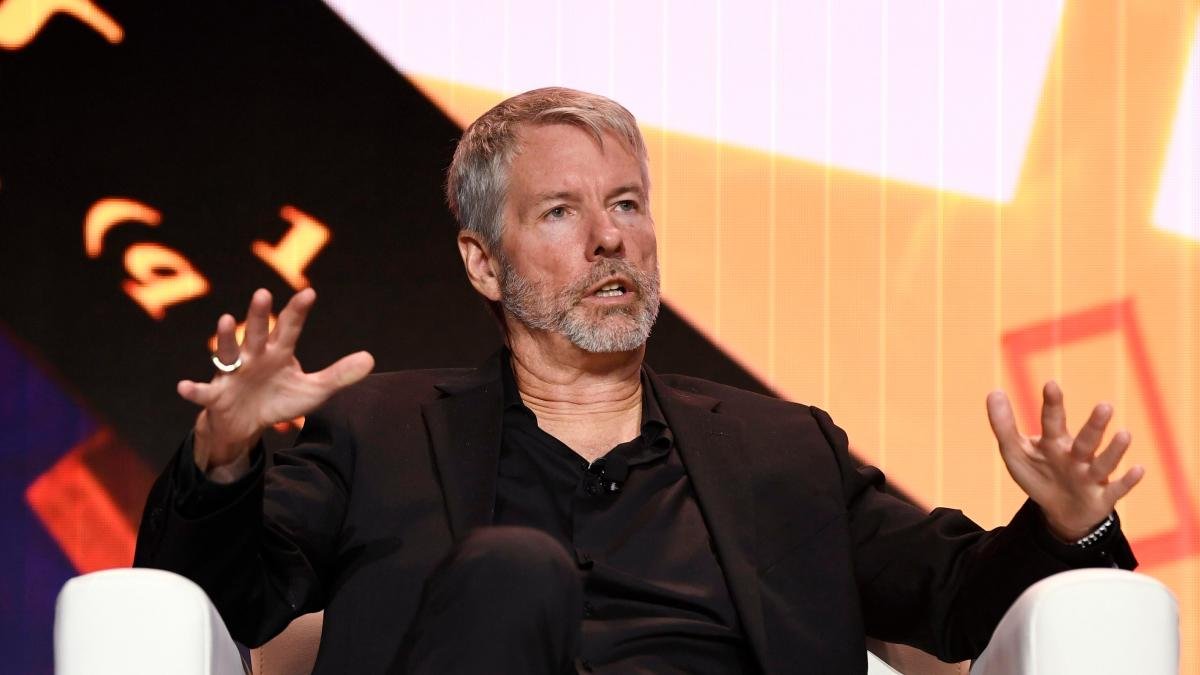On Tuesday, Pfizer Inc (NYSE: PFE) reported mixed results for its fourth quarter. Last year, Pfizer has responded to concerns related to its COVID-19 products being the rearview mirror with a cost-cutting program, internal restructuring and by getting deeper into oncology with its purchase of cancer drugmaker Seagen. Treating and preventing cancer is the one battle the pharmaceutical industry has not won, but last year, Pfizer, along with Moderna Inc (NASDAQ: MRNA) and smaller players like Mainz Biomed N.V. (NASDAQ: MYNZ) gave hope that this could change with their intense efforts.
Fourth Quarter Results Reflect Its Recent And Ongoing Challenges
The New-York based drugmaker reported its revenue tumbled more than 41% to $14.25 billion, coming short of Wall Street estimates of $14.42 billion. Covid vaccine dragged revenue down as it tanked as much as 53% YoY $5.36 billion. Throughout 2023, COVID products, the Paxlovid antiviral treatment and vaccine Comirnaty, jointly brought in $12.5 billion which means Pfizer met its target, but this is a far cry from 2022’s $57 billion.
Pfizer made a net loss of $3.37 billion or 60 cents per share but adjusted earnings amounted to 10 cents, topping the 22 cents loss that LSEG estimated.
On a brighter note, while restructuring and acquisition costs ballooned 222%, Pfizer did a good job in lowering total expenses as it also slashed R&D by 22% to $2.82 billion which helped its results.
Pfizer Is Promising A Year Of Execution
Pfizer guided for 2024 revenue growth in a range that is flat to up 5%, with revenue in the range between $58.5 billion and $61.5 billion, maintaining its adjusted earnings forecast in the range between $2.05 and $2.25 per share. Also, Pfizer said it’s on track to deliver $4 billion in annual net cost savings by the end of this year as part of its cost realignment plan, which is even better than its original goal of $3.5 billion.
Treating Cancer Is Expected To Bring Pfizer Back Into The Game
While Pfizer gets to celebrate its 175th anniversary this year, it didn’t get under the spotlight before the Covid-19 pandemic. It made history with its blockbuster vaccine so here’s to hoping it also delivers its promise to treat cancer at that same speed of science. Unfortunately, its attempt to take part in the booming weight loss drug market got shattered last month as it eliminated its twice-daily experimental weight loss pill due to patients having trouble tolerating the drug in a midstage clinical study, although they lost significant weight.
Another concern for Pfizer is that its blockbuster drugs like blood thinner Eliquis and cancer drug Ibrance will be losing their exclusivity later this decade, with losses estimated to be about $17 billion in lost revenue from 2025 to 2030. But the good news is that drug launches should bring back Pfizer into the game and to growth. Pfizer is expecting its new drugs to bring in $20 billion in revenue by the end of the decade with new business deals also bringing in $25 billion in revenue during the same timeframe.
Therefore, if its cancer treatment bet goes through, the worst seems to be over for Pfizer.
2024 Promises To Be The Year Pharma Revolutionizes Cancer Treatment
At the end of 2023, Moderna succeeded to overshadow weak Covid-19 vaccine sales with optimistic news on the skin cancer vaccine and the combined treatment it developed with Merck & Co Inc (NYSE: MRK). New data showed that mRNA technology-powered Moderna vaccine combined with the blockbuster drug Keytruda from Merck lowered the risk of late-stage skin cancer returning after three years by as much as 49%, suggesting that the benefits of this combined treatment held up. Moderna expects its personalized mRNA vaccine that is designed to prevent cancer to come back to be available already in 2025. With Keytruda, Merck just topped both top and bottom-line estimates for the fourth quarter. The cancer drug alone boosted Merck’s revenue by as much as 21% YoY. Merck also guided for strong annual profit on the back of continued Keytruda momentum.
A molecular genetics diagnostic company specializing in the early detection of cancer, Mainz Biomed also made its mark last year when it comes to colorectal cancer. With its flagship product, ColoAlert® , easy-to-use screening test, The eAArly DETECT U.S. study results reported a sensitivity for colorectal cancer of 97% with a specificity of 97% and a sensitivity for advanced adenoma of 82%, confirming results from its prior European study ColoFuture. These studies also assessed the potential of mRNA technology as Mainz Biomed integrated a portfolio of novel gene expression (mRNA) biomarkers into the test. With this innovative move, Mainz Biomed did not only achieve a fantastic accuracy for detecting CRC, but also advanced adenoma which is a well-known CRC precursor. It is a widely-known fact how important early detection is for the ultimate outcome of cancer treatment, but with its work, Mainz Biomed opened the door for something no one ever did until now- prevent cancer, CRC that is, by detecting a state that precedes it.
All in all, pharma companies, both big and small, have set their eyes on beating cancer this year.
DISCLAIMER: This content is for informational purposes only. It is not intended as investing advice.
This article is from an unpaid external contributor. It does not represent Benzinga’s reporting and has not been edited for content or accuracy.
“ACTIVE INVESTORS’ SECRET WEAPON” Supercharge Your Stock Market Game with the #1 “news & everything else” trading tool: Benzinga Pro – Click here to start Your 14-Day Trial Now!
Get the latest stock analysis from Benzinga?
This article Pfizer Surprises With Profit But Revolutionizing Cancer Treatment Is Its Best Chance Of Getting Back In The Saddle originally appeared on Benzinga.com
© 2024 Benzinga.com. Benzinga does not provide investment advice. All rights reserved.















